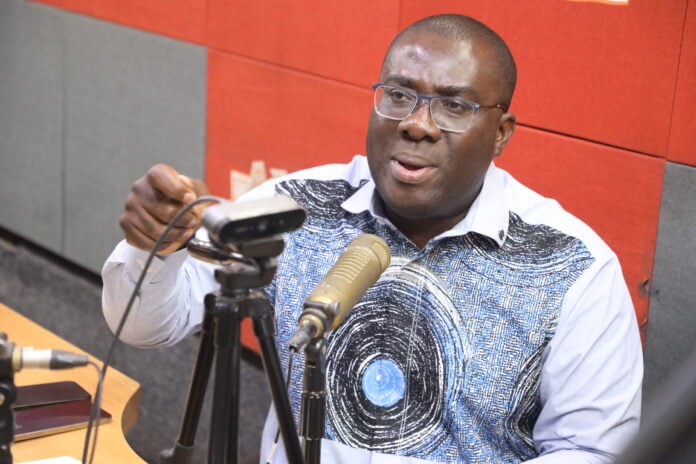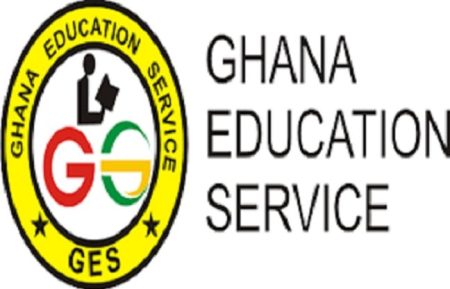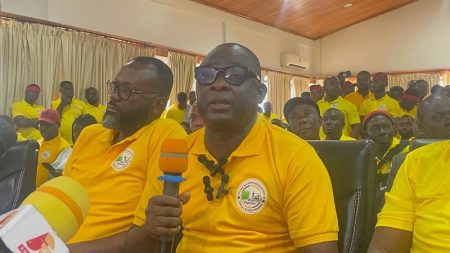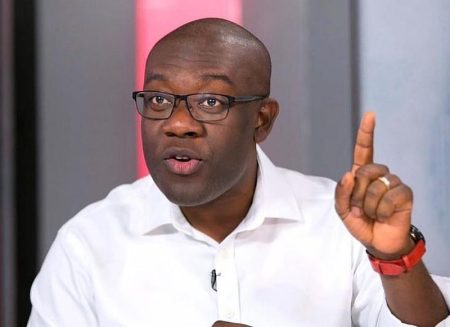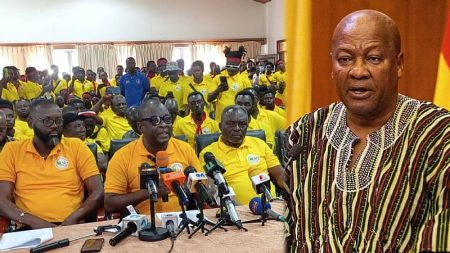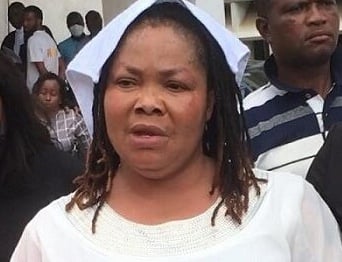Sammi Awuku’s critique paints a stark picture of economic hardship under the newly reinstated Mahama administration. He accuses the government of imposing a series of crippling utility and fuel price hikes within a mere three months of assuming power, contrasting this with the previous NPP government’s comparatively moderate tariff adjustments. Awuku highlights the recent increases in electricity and water tariffs, totaling 17.2% in less than three months, and juxtaposes this with the NPP’s 2024 performance, where tariff increases remained below 11% for the entire year, with some consumer segments even experiencing reductions. This comparison serves to underscore what Awuku perceives as a drastic decline in economic stewardship, placing the blame squarely on the current administration.
Central to Awuku’s criticism is the newly introduced fuel levy, which he derisively labels the “D-Levy,” suggesting various negative connotations such as “Death Levy,” “Demolition Levy,” “Dumsor Levy,” or simply “Disrespect.” He draws a parallel between this levy and the previously rescinded 1% E-Levy, portraying the latter’s reversal as a deceptive maneuver, a mere “April Fool’s joke,” given the subsequent imposition of the 8% fuel levy. Awuku emphasizes the far-reaching impact of this levy, affecting even the smallest fuel purchases and exacerbating the cost of living crisis for ordinary Ghanaians. He characterizes this as adding insult to injury, a callous disregard for the economic struggles faced by the populace.
Furthermore, Awuku questions the government’s professed commitment to reducing fuel consumption within its own ranks. He challenges the sincerity of symbolic gestures like shutting down the private fuel pump at the presidency, arguing that concrete actions, such as clearly defining and limiting fuel allocations to government appointees, are necessary to demonstrate genuine fiscal responsibility. He also takes a jab at the perceived expansion of the government’s size, likening the growth of the list of appointees to an ever-expanding “family WhatsApp group,” implying an excessive and potentially wasteful bureaucracy.
Awuku’s statement serves as a rallying cry against what he perceives as the Mahama administration’s broken promises and detrimental economic policies. He contrasts the current economic climate with the perceived stability and relative affordability under the previous NPP government, characterizing the change in leadership as a significant downgrade. This comparison, along with the pointed criticism of specific policies, is designed to resonate with the public and fuel discontent with the current administration. He emphasizes that the recent increases in utility prices, coupled with the newly imposed fuel levy, disproportionately burden ordinary citizens and contribute to a worsening cost of living crisis.
The use of evocative language and stark comparisons further intensifies Awuku’s message. He labels the new fuel levy as the “D-Levy,” imbuing it with negative connotations and suggesting a deliberate disregard for the public’s economic well-being. This rhetoric is intended to resonate with a public already grappling with rising costs. Furthermore, by comparing the current economic conditions to those under the previous administration, he seeks to highlight the perceived failings of the current government and evoke a sense of nostalgia for the perceived better times. The stark contrast between the two administrations, according to Awuku, is akin to “trading a flat-screen TV for a black and white box,” underscoring his disapproval of the current leadership.
Awuku’s closing remark, “Good morning, Ghanafo”, punctuated by hashtags like #BrokenPromises and #WeShallRemember, is a sarcastic wake-up call to Ghanaians. He calls on them to recognize the perceived negative implications of the current administration’s policies. This concluding statement serves as a call to action, urging citizens to hold the government accountable and remember the alleged economic hardships they face. The statement and its accompanying hashtags signal the NPP’s intent to intensify its scrutiny of the Mahama government’s economic policies, setting the stage for what promises to be a contentious political season. Awuku’s message, therefore, is not just a critique of current policies but also a strategic political maneuver to gain public support and position the NPP as a viable alternative.





